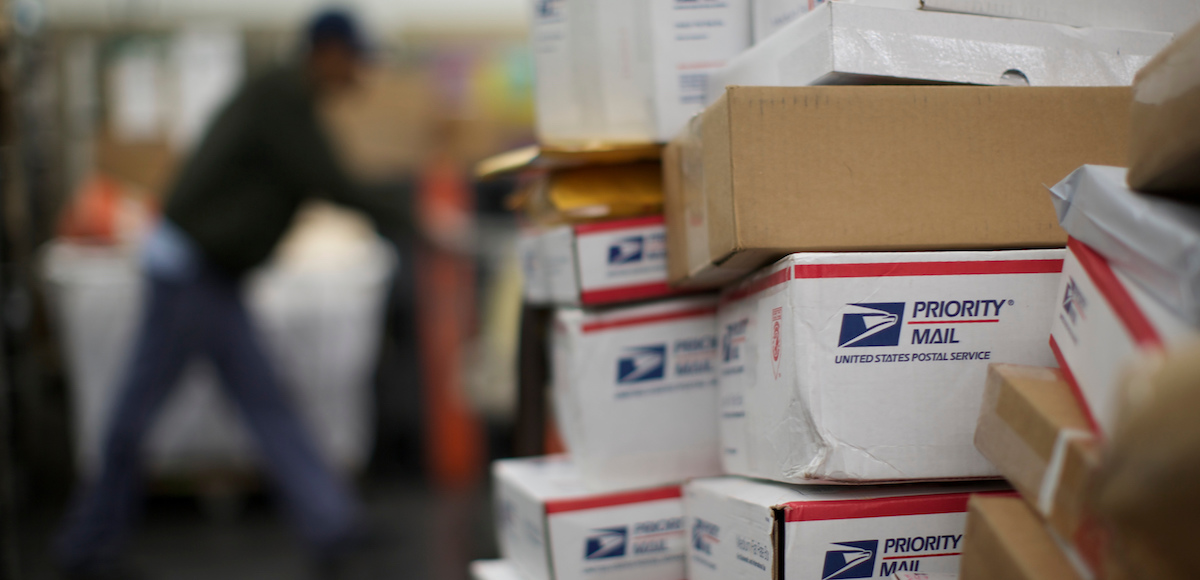

United States Postal Service (USPS) clerks sort mail at the Lincoln Park carriers annex in Chicago, Illinois on November 29, 2012. (Photo: Reuters)
The Institute for Supply Management (ISM) Non-Manufacturing Index (NMI) climbed to 60.1 in October, the highest level ever recorded for the gauge of U.S. service sector activity. Overall, only 2 of the 18 U.S. service sector industries didn’t report growth in October.
The highest reading among pre-2008 composite index calculations is 61.3% in August 2005, before it was publicly reported.
“According to the NMI, 16 non-manufacturing industries reported growth,” said Anthony Nieves, Chair of the Institute for Supply Management Non-Manufacturing Business Survey Committee. “The non-manufacturing sector has reflected the third consecutive month of strong growth. Respondent comments continue to indicate a positive outlook for business conditions, and the economy as we begin the fourth quarter.”
The New Orders Index again came in at an unusually strong 62.8%, though a decline of 0.2 percentage point from the 63% reading in September. The Employment Index again gained 0.7% in October to 57.5 percent from the September reading of 56.8%. The Prices Index decreased by 3.6% from the September reading of 66.3% to 62.7%, indicating prices increased in October for the fifth consecutive month.
The ISM Non-Manufacturing Index (NMI) also tracks construction and mining, both industries that suffered under the Obama Administration and are now booming. Construction in the private sector alone added 66,000 jobs last month in the ADP National Employment Report and the jobs report from the Bureau of Labor Statistics (BLS) showed manufacturing added 24,000.
The most damning journalistic sin committed by the media during the era of Russia collusion…
The first ecological study finds mask mandates were not effective at slowing the spread of…
On "What Are the Odds?" Monday, Robert Barnes and Rich Baris note how big tech…
On "What Are the Odds?" Monday, Robert Barnes and Rich Baris discuss why America First…
Personal income fell $1,516.6 billion (7.1%) in February, roughly the consensus forecast, while consumer spending…
Research finds those previously infected by or vaccinated against SARS-CoV-2 are not at risk of…
This website uses cookies.